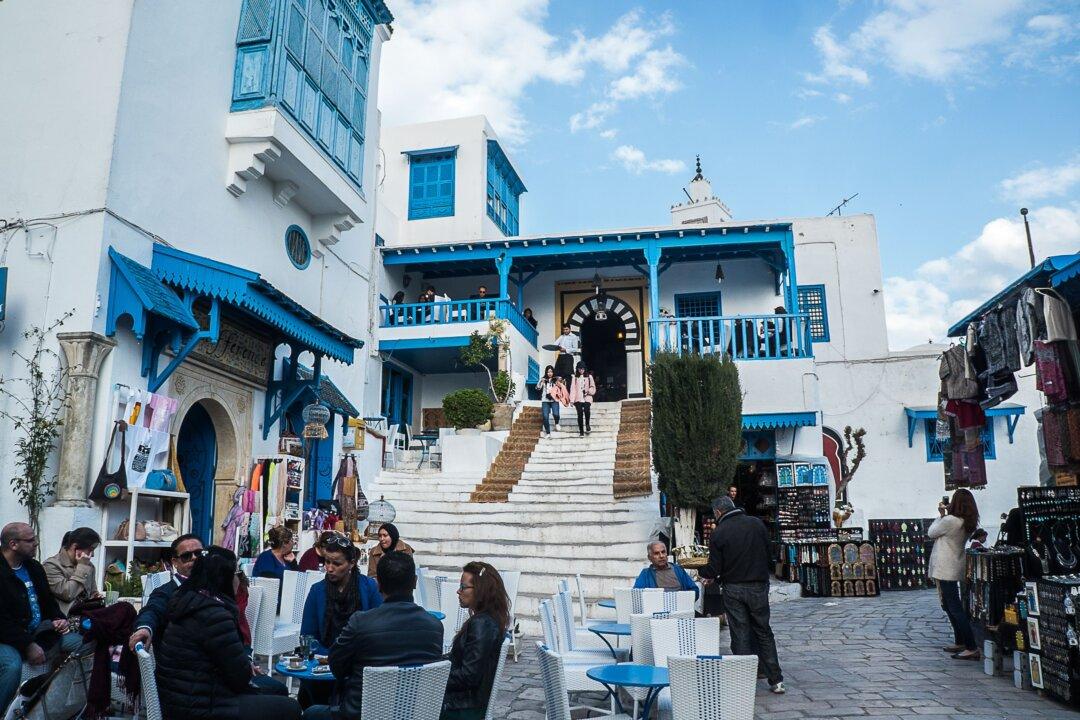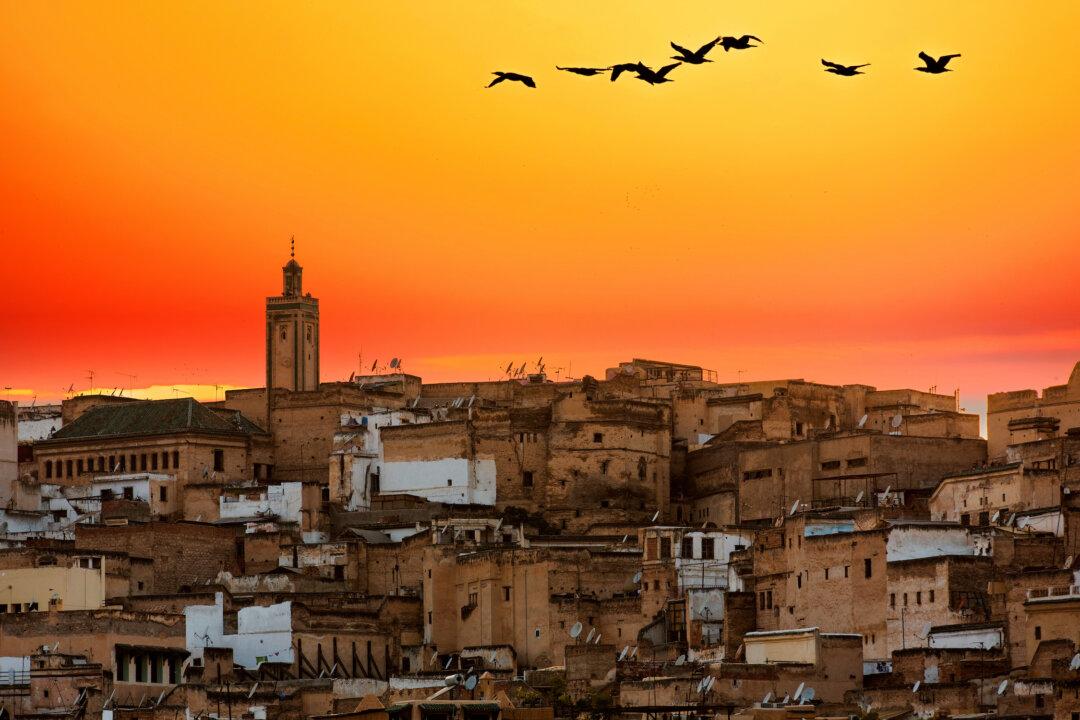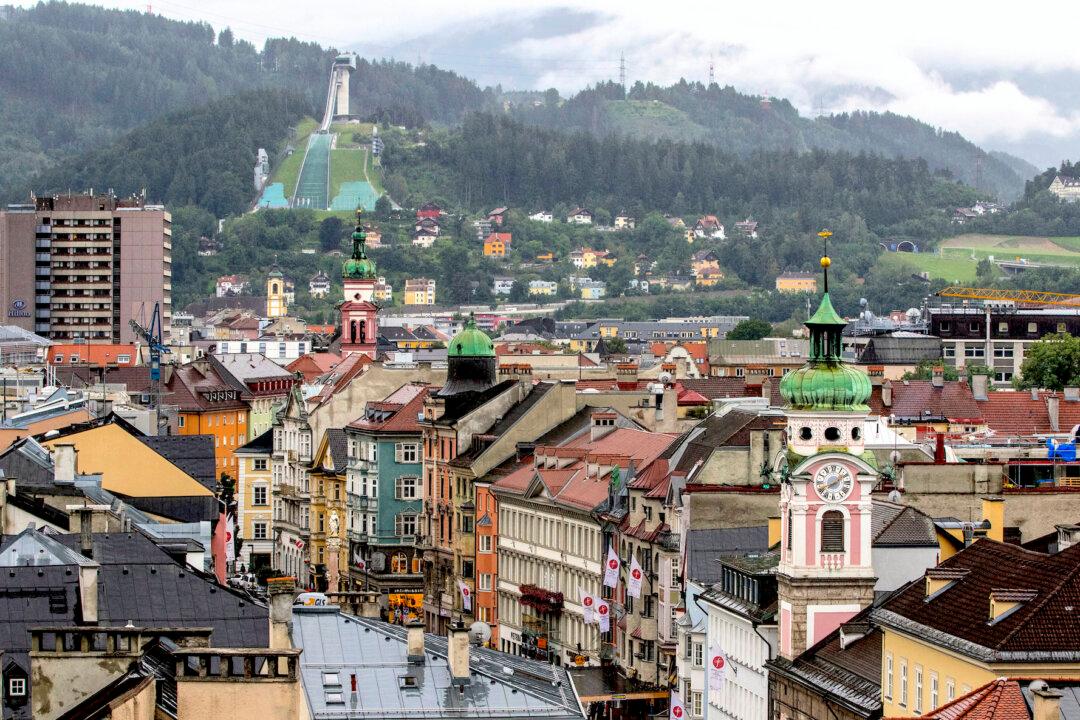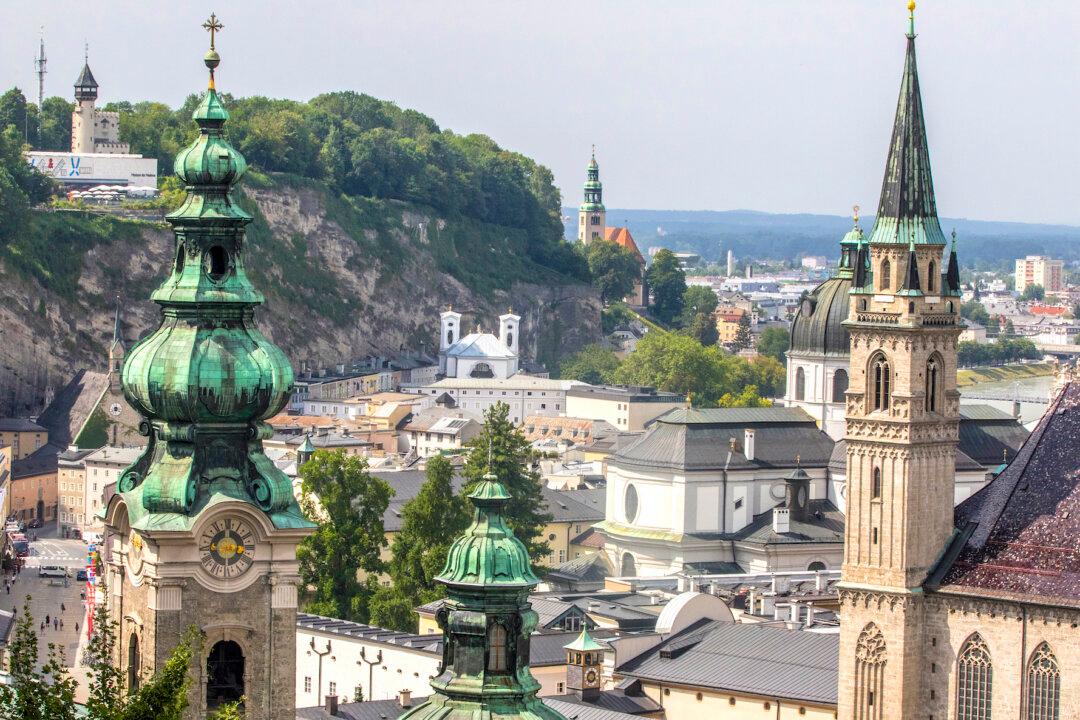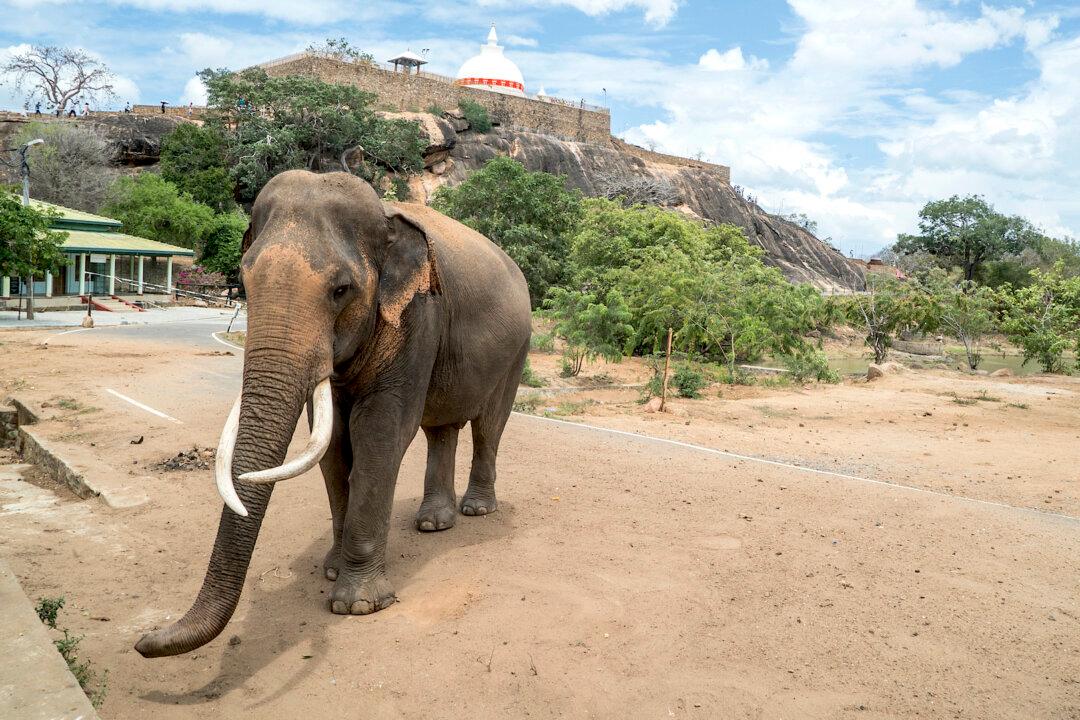Editor’s note: Canada, the United States, and the United Kingdom all advise exercising a high degree of caution if travelling to Tunisia due to the nationwide risk of civil unrest and terrorist attacks.
Tunisia is located at the head of the African continent, its extensive coastline curving along the Mediterranean Sea. Bordered by Algeria and Libya, it is the smallest country in the region yet its culture and traditions are rooted in antiquity.
Tunisia has one of the best sandy coasts in the world with many luxury hotel resorts along the Mediterranean such as Hammamet and Sousse, but this little country has much more to offer than merely sun and sea.
On a recent trip to the capital Tunis, as I strolled along the leafy Avenue Habib Bourguiba with its world-class Théâtre municipal de Tunis as well as cafes, boutiques, and shops, I sensed a modern city similar to Paris or London.
Tunis’s main thoroughfare, the avenue is home to the Place de l'Indépendance and the Cathedral of St. Vincent de Paul, built in 1897 following the French conquest of Tunisia in 1881. Although independence from France was achieved in 1956, French cultural influences are still evident, as are those of other conquerors like the Romans and Arab Muslims.
Ibn Khaldoon, whose statue dominates the Place de l'Indépendance, is an example of this heritage. Born in Tunis in 1332, he is one of the most famous scholars in the Islamic world and is considered to be one of the founding fathers of modern sociology and historiography.

